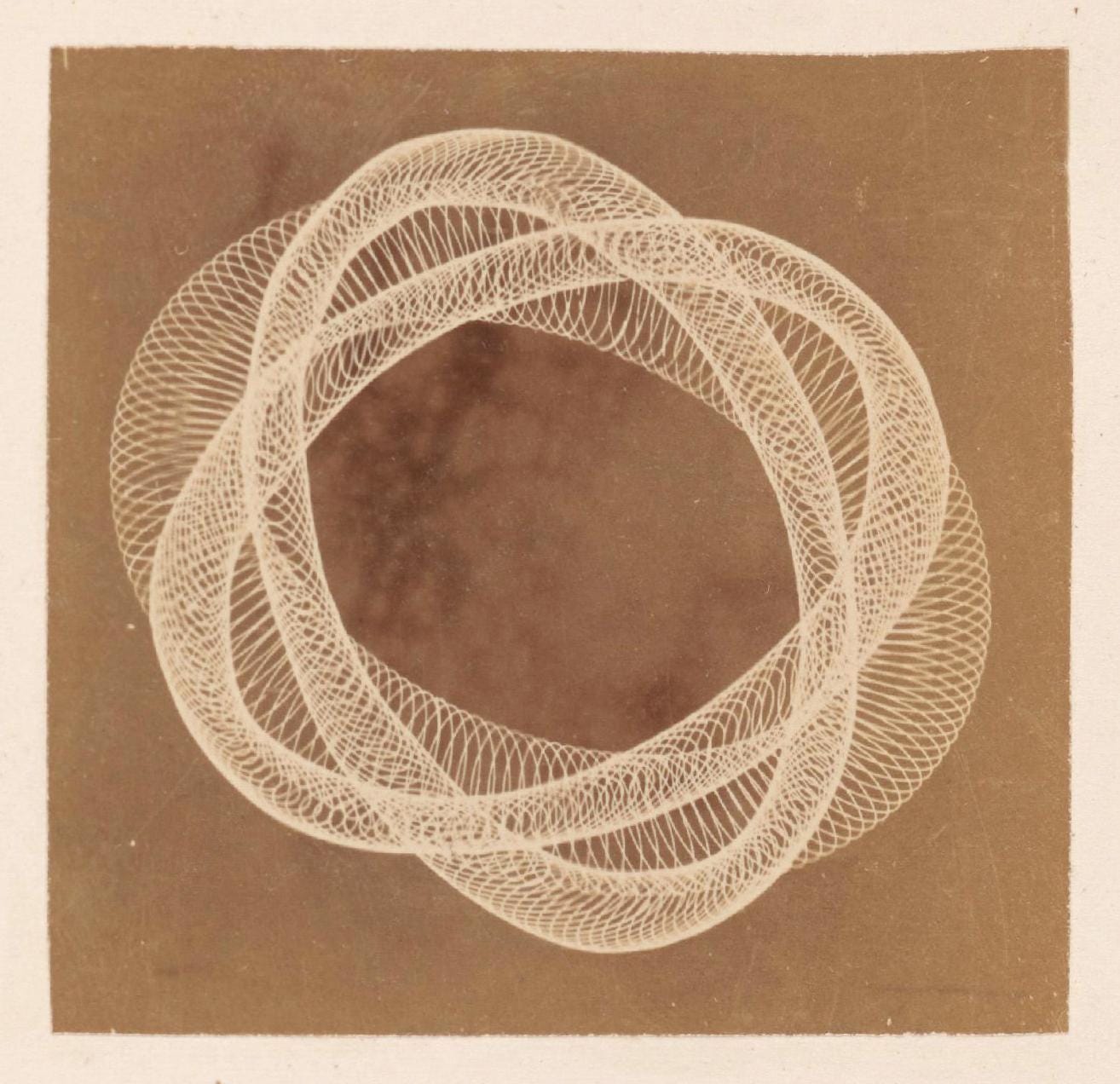Gold is great. Shoot for Gold. But Bronze in a stacked field, whatever your discipline, can be good enough.
True, you’re twice removed from the top. Silver slipped through your fingers. But in that moment at least, you’ve found respite from forgettable fourth.
It’s long been observed (and first proved in this 1995 study) that Bronze medal winners appear happier than silver on the podium. Why? Because Bronze gained a win over the rest of the field. They didn’t ‘lose’ Gold. Proximity bias – falling just short of first – keeps Silver dissatisfied. Bronze is just grateful to have just made the podium.
Perspective is everything
Loss aversion is a cognitive bias that describes why, for individuals, the pain of losing is psychologically twice as powerful as the pleasure of gaining.
“Bronze? Like, cool.”
Paris 2024: Yared Nuguse took Bronze at the Olympic 1500m final. He was just .01 seconds – less than the blink of an eye – behind Josh Kerr, who snatched Silver. Later, Nuguse told told Citius mag,
“I put my whole soul on the track. I wanted to stay in contention [for a medal]. Even if it was super close, I gave it my all. Gold is like, Gold. But Silver and Bronze? Like, cool.”
Days later, Hellen Obiri took Bronze at the Women’s Olympic Marathon. Hassan and Assefa jostled for the win up ahead.
"I had a bad injury at the Boston Marathon, said Obiri, “but I kept on trusting the doctors. I had less than six weeks of long training [sessions]. I told myself ‘I’m the best’ and so I gave my best. This Bronze feels like Gold to me.”
When a Bronze “feels like Gold”, that piece of hardware intrinsically represents more than your podium standing. And on paper, your trajectory remains on the up.
Win win
Bronze suits my current mindset right now. Shooting for Gold. But still hitting send on partial satisfaction: Typical Bronze behaviour – is there any other way?
Being happy (in the moment) with Bronze is a more expansive view of the one-dimensional Nike manifesto: “I think I’m better than everyone else.” (Note: This is an actual quote from their Olympic manifesto.)
“I’m the best” can reflect your attitude going into the race, or when you’re feeling the burn. Put your soul on the track then, but afterwards, shift your focus like Obiri, towards the infinite game (I’m obsessed with the classic Carse book).
There can be peace in Bronze. It’s not (really) the end. You’ll never finish shooting for Gold. But right now, it’s an appreciation of nuance. A feeling of deep gratitude. And technically, you’re still the cool underdog.
Spoiler: It still takes work to get here. No one gives you Bronze for showing up. Spare a thought for fourth, the one with the wind in their hair, coming up the outside in your eye line. Just like you, they want to hold something in their hands.
Sometimes we fall into the trap of focusing on ourselves, but everyone else on the track plays their role (as the hero) too. There are millions of inflection points with every step. Each race – including this one – is one of millions of races. Stay reactive. Bronze only holds value because all the runners in the moment – the players of this singular finate game in hand – agree to shoot first for Gold.
Closure
There’s a German word, ‘Torschlusspanik’, which literally translates as ‘closing-gate panic’.
Meaning: As people get older, some might find themselves worrying about things or goals they haven’t achieved in their lives when they get to a certain age.
Its origin refers to the medieval practice of cities closing their gate through the city wall at night. If you were late, you’d have to spend the night outside, without protection.
Taking Bronze is diving at the gate as it narrows – dropping your hat, grabbing it and BANG, leaving nothing but dust.
Time to celebrate. But also to feel relief. You made it. You’re alive.
What’s next? It’s all in framing. Bronze tells you you’re on the right track. Take a rest. Or here’s permission to go again.
Gates all around us are constantly closing, do we dive through every gap? Here, there’s choice. Often, the only closure we make is through our own peace of mind.
“Finite games can be played within an infinite game, but an infinite game cannot be played within a finite game. Infinite players regard their wins and losses in whatever finite games they play as but moments in continuing play.”
“The joyfulness of infinite play, its laughter, lies in learning to start something we can’t finish.” James P. Carse



